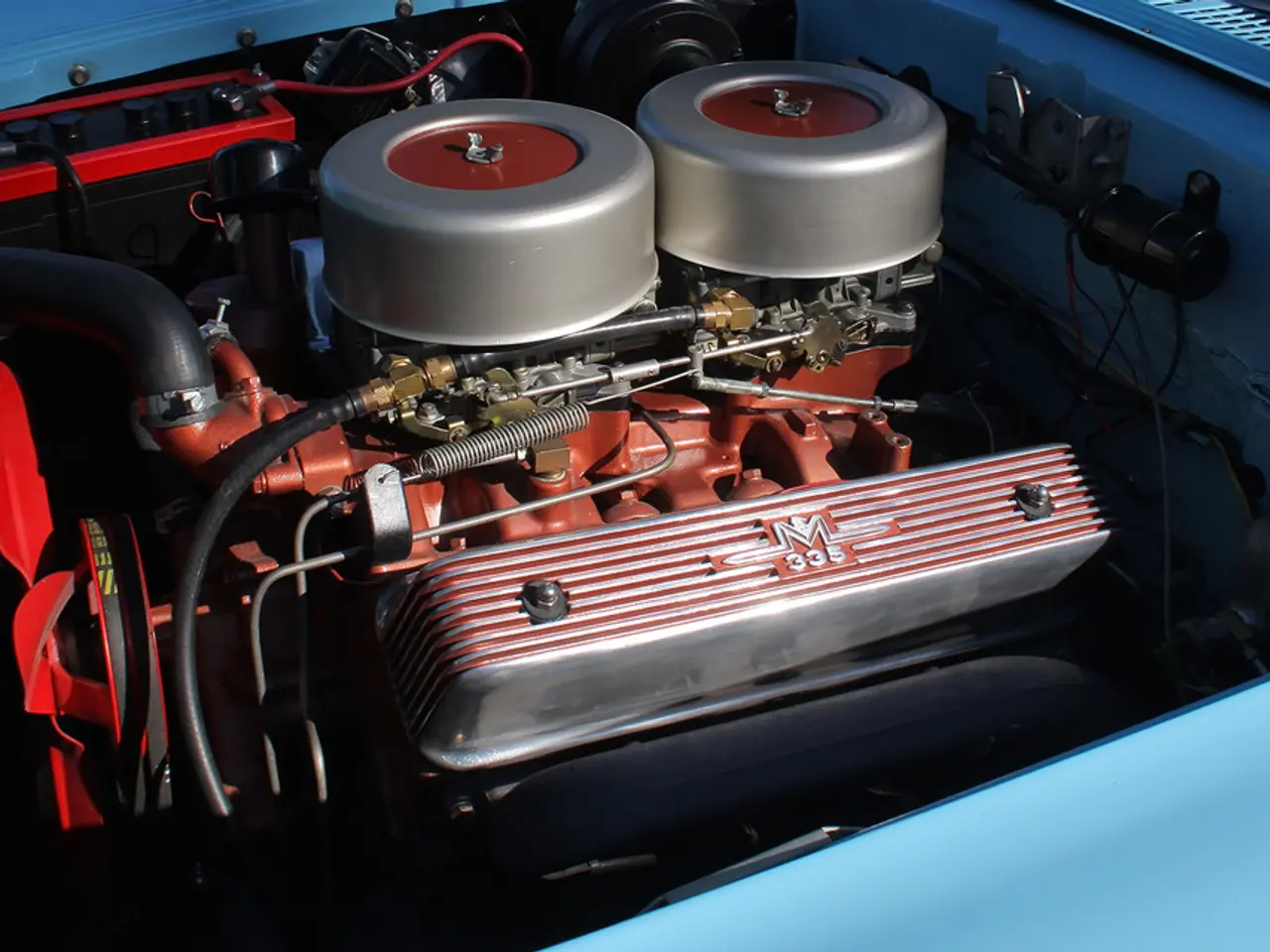Exploring Manufacturing Methods: Understanding Their Role in Today's Production Sectors
In the realm of industrial production, three primary types of processes dominate various industries: continuous, batch, and discrete. These processes, each with unique characteristics, play crucial roles in transforming raw materials into finished products.
Continuous processes are marked by an uninterrupted flow of materials through production equipment, ideal for industries requiring large-scale, steady output. Examples include oil refining, chemical manufacturing, and pharmaceutical continuous flow synthesis.
On the other hand, batch processes produce a defined quantity of product at one time, suitable for products requiring strict control and variation between batches. Common examples come from pharmaceuticals, food processing, and specialty chemical production.
Discrete processes, meanwhile, manufacture countable, distinct items assembled from parts and components. Examples include automotive component manufacturing, consumer electronics, industrial machinery fabrication, toys, and furniture assembly.
These classifications highlight that continuous and batch processes are largely found in process manufacturing involving chemical or physical transformations, while discrete processes dominate discrete manufacturing such as automotive or electronics assembly.
Human expertise is essential for designing, operating, and maintaining equipment in industrial processes. To streamline operations, continuous improvement methods like Lean and Six Sigma are employed to identify waste and improve efficiency. Regular maintenance of equipment minimizes downtime and prolongs the lifecycle of machines.
Safety is paramount in industrial processes, and regular safety audits help identify potential hazards, fostering a proactive approach to risk management. Optimization of industrial processes often leads to increased sustainability, reducing waste and energy consumption. Sustainable processes support compliance with regulations and enhance brand reputation.
Adopting sustainable practices benefits both efficiency and the environment, creating a competitive advantage in the market. Energy-efficient technologies significantly reduce carbon footprints, supporting global climate goals.
Industrial processes contribute about 8.5% to the U.S. GDP, showcasing their economic importance. Compliance with Occupational Safety and Health Administration (OSHA) standards ensures a safer workplace. Automation often enhances productivity by reducing labor costs and minimizing human error.
In conclusion, understanding the various industrial processes and their applications is crucial for businesses aiming to optimize their production methods, enhance safety, and adopt sustainable practices.
Read also:
- Catastrophe at a U.S. Steel facility in Pennsylvania results in the loss of two lives. crucial details unveiled
- Fructose Market Set to Top USD 8.1 Billion by 2034
- Powered by BMW, the Morgan Supersport Hails as a 335HP Ode to Britain's Motor Tradition
- Scout Motors Confident about Steady Electric Vehicle Sales during 2027 Launch on WardsAuto Podcast








